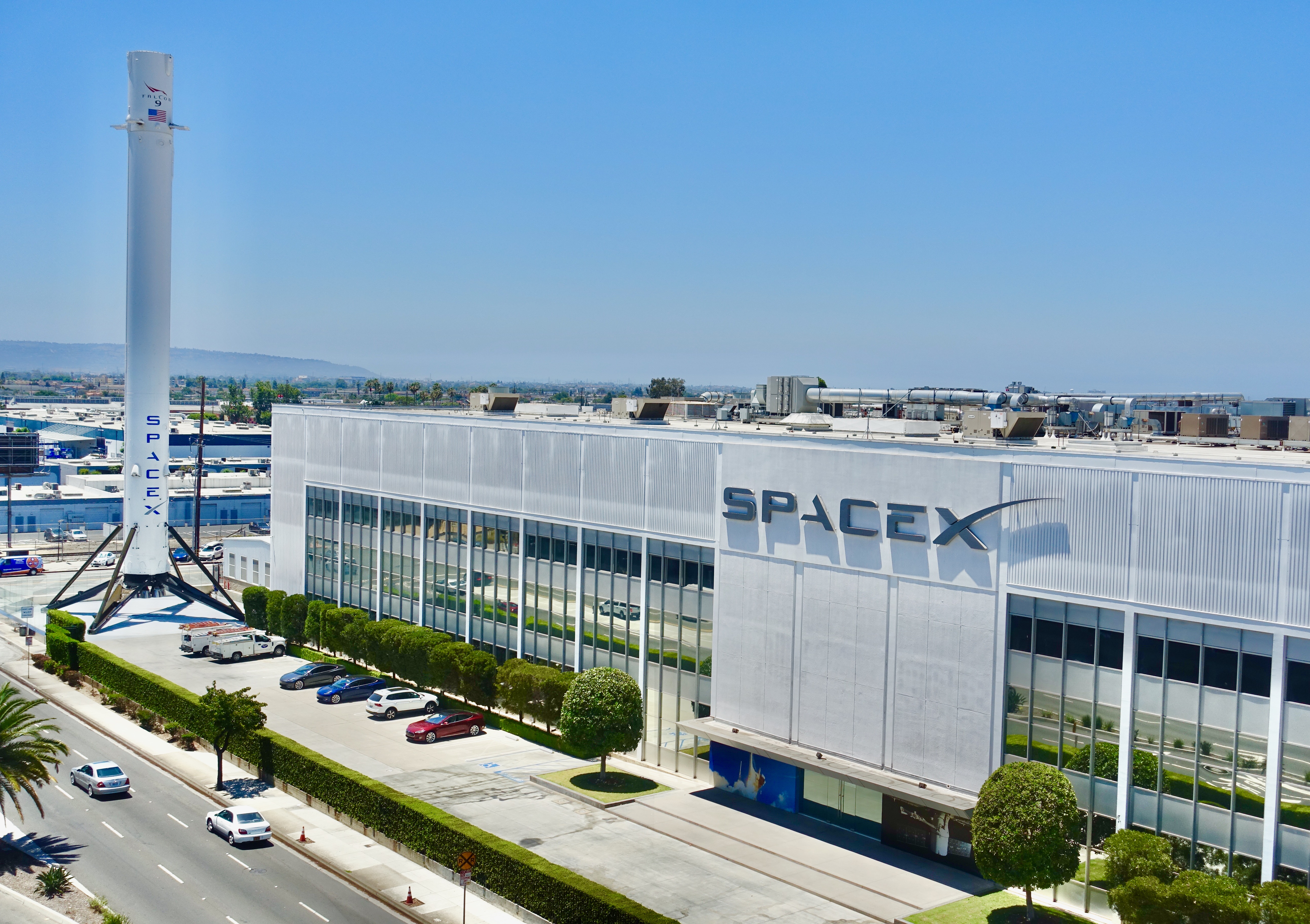Embarking on the Final Frontier: The Rise of Space Tourism
Space tourism, once a distant dream confined to the pages of science fiction, is rapidly becoming a reality. The allure of venturing beyond Earth's atmosphere, even for a brief sojourn, has captivated the imaginations of both avid space enthusiasts and intrepid adventurers. In recent years, several pioneering companies have emerged with ambitious plans to make space tourism a tangible experience for those willing to embark on this extraordinary journey.
The Quest for Commercial Space Travel:
Historically, space exploration has been the exclusive domain of government agencies such as NASA and international collaborations like the European Space Agency. However, the landscape is evolving, with private companies at the forefront of a new era in space exploration. The concept of space tourism involves civilians boarding spacecraft for suborbital or orbital flights, providing a taste of weightlessness and the breathtaking views of our planet from space.
 |
| Embarking on the Final Frontier: The Rise of Space Tourism |
Leading Companies in the Space Tourism Race:
- Blue Origin:
- Founded by
Amazon's Jeff Bezos, Blue Origin is at the forefront of space tourism
endeavors. Their New Shepard spacecraft, named after Alan Shepard, the
first American in space, is designed for suborbital flights. The capsule,
carried by a reusable rocket, provides passengers with a few minutes of
weightlessness and awe-inspiring views. Blue Origin has conducted
multiple successful test flights and is actively working toward launching
paying customers into space.
- Virgin Galactic:
- Spearheaded by Sir Richard Branson, Virgin Galactic aims to make space tourism a reality with its innovative spacecraft, VSS Unity. This suborbital spaceplane is carried aloft by a mothership before igniting its rocket engine to ascend to the edge of space. Virgin Galactic has already completed successful crewed test flights, and its commitment to providing a unique and safe space tourism experience has garnered significant attention.
- SpaceX:
- While primarily known for its ambitious plans for interplanetary travel and colonization of Mars, SpaceX, founded by Elon Musk, is also making strides in the realm of space tourism. The Crew Dragon spacecraft, initially developed for NASA crewed missions, has the potential for orbital space tourism. SpaceX's collaboration with Axiom Space, a private space station developer, signals a future where civilians may stay aboard a commercial space station.
- Axiom Space:
- Axiom Space, an American private space station developer, is working on constructing the world's first commercial space station. In collaboration with SpaceX, Axiom aims to offer not only orbital space tourism but also extended stays in space for those seeking a more immersive experience. Their plans include a mix of research activities, entertainment, and educational programs.
The Journey Ahead:
As these companies make significant strides in their respective projects, the prospect of space tourism becoming a mainstream industry is becoming more tangible. However, challenges persist, including addressing safety concerns, regulatory approvals, and the substantial cost associated with such ventures. The cost of a ticket for a suborbital flight with Blue Origin or Virgin Galactic currently hovers around the six-figure mark, limiting accessibility to a select few.
Moreover, the environmental impact of rocket launches and the space industry's responsibility to minimize its carbon footprint are increasingly being scrutinized. Balancing the excitement of space tourism with a commitment to sustainable practices will be crucial for the industry's long-term viability and acceptance.
The Future of Space Tourism:
Beyond the immediate goal of sending civilians on short trips to space, the long-term vision of space tourism encompasses more extended stays, orbital hotels, and perhaps even lunar tourism. The establishment of a sustainable space tourism industry has the potential to drive innovation, inspire future generations, and pave the way for humanity to become a multi-planetary species.
While the concept of space tourism may still seem like a luxury reserved for the elite, the hope is that advancements in technology, increased competition, and economies of scale will eventually make it more accessible to a broader demographic. As the industry matures, collaborations between governments, private enterprises, and international space agencies may play a pivotal role in shaping the regulatory framework and fostering responsible practices.
In conclusion, the dawn of space tourism marks a transformative moment in the history of human exploration. The efforts of companies like Blue Origin, Virgin Galactic, SpaceX, and Axiom Space signify a paradigm shift, where the boundaries of our planet are no longer insurmountable. As we look to the skies with anticipation, the dream of space tourism inches closer to reality, offering the promise of a new frontier waiting to be explored by intrepid adventurers and curious minds alike.

